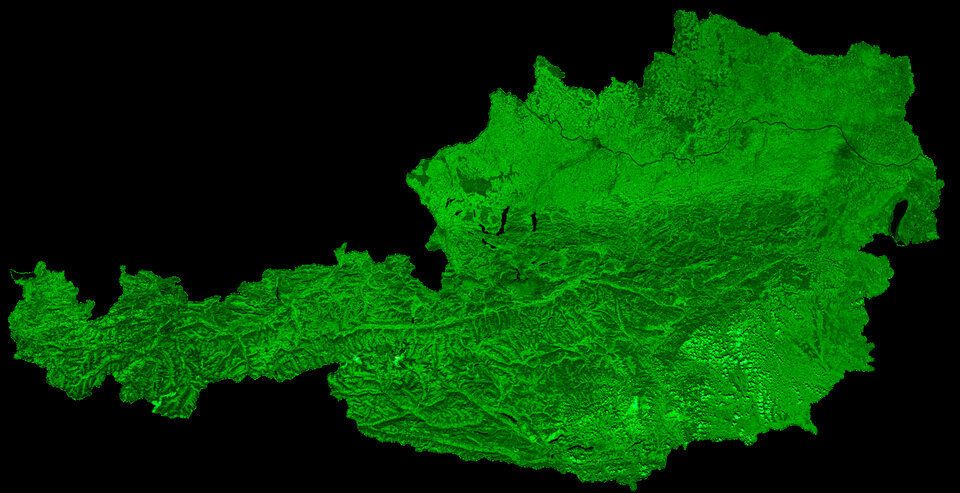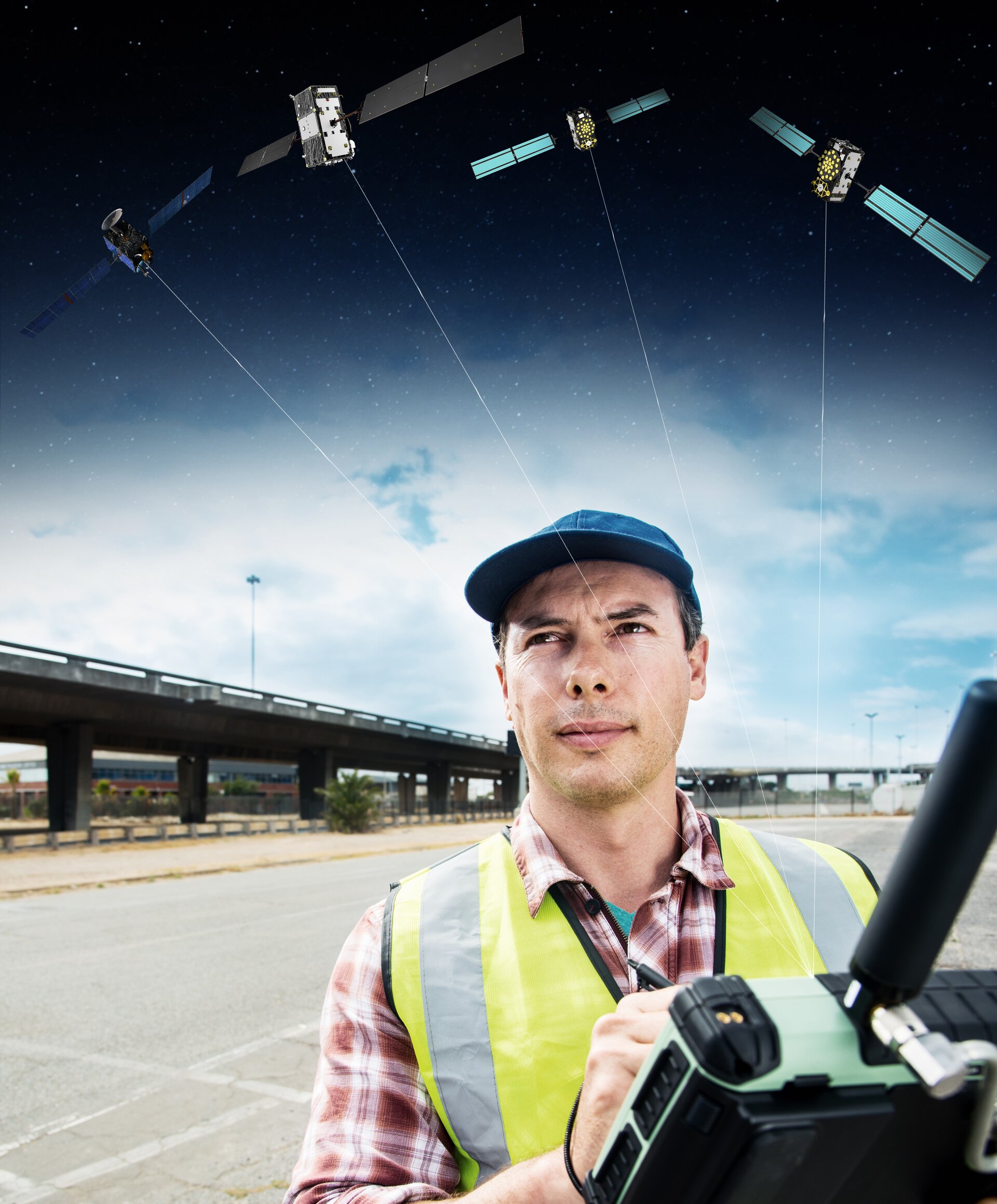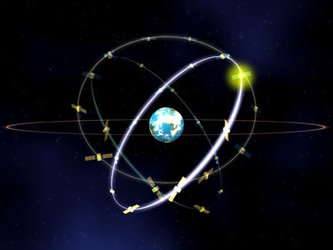Navigate through satnav with the ESA–JRC Summer School
This year’s ESA–Joint Research Centre International Summer School on Global Navigation Satellite Systems is taking place in July, in the spa resort of Loipersdorf, Austria.
The 10-day course will cover all aspects of satellite navigation, up to and including the development of a potential satnav-based business.
Participants will receive a full-spectrum overview of satellite navigation, starting from the theoretical basis of Global Navigation Satellite Systems, their signals and processing by receivers, and how the final ‘position–navigation–time’ solution is worked out. On the practical side, exercises will include receiving signals from Galileo and its fellow satnav systems.
Also discussed will be threats to satnav systems, such as spoofing or jamming and countermeasures available against them, along with back-up navigation solutions for a satnav-denied environment.
Additional lectures will cover business aspects, including patents and intellectual property rights: the main emphasis of the course will be the development of a group business project, building on an innovative satnav-based concept to cover the planning of the product or service, its technical realisation and finally its marketing to customers.

Some of the world’s leading satnav and space experts will be lecturing during the course, including ESA’s current Director of Navigation, Paul Verhoef, and his predecessor, René Oosterlinck, former ESA Director General Jean-Jacques Dordain, former Head of ESA’s EGNOS and GNSS Evolution Programme Guenter Hein, ESA engineer José-Ángel Ávila-Rodríguez – part of the team who designed Galileo’s signals – and Frank Salzgeber, heading ESA’s Technology Transfer Programme.
The number of participants is limited to 50 – on a first-come, first-served basis – and is open to graduate students, PhDs and postdoctoral researchers, as well as young engineers and academics working within industry or agencies, aged 38 or younger.
Organised by ESA and the JRC, the research centre of the European Commission, the summer school takes place in cooperation with Stanford University in the USA, the Institut Supérieur de l’Aeronautique et de l’Espace ISAE-SUPAERO in Toulouse, France, Graz University of Technology in Austria and the University FAF Munich in Germany.
For more information, and to register, see https://www.esa-jrc-summerschool.org/. Register before 15 May for a reduced early fee.




